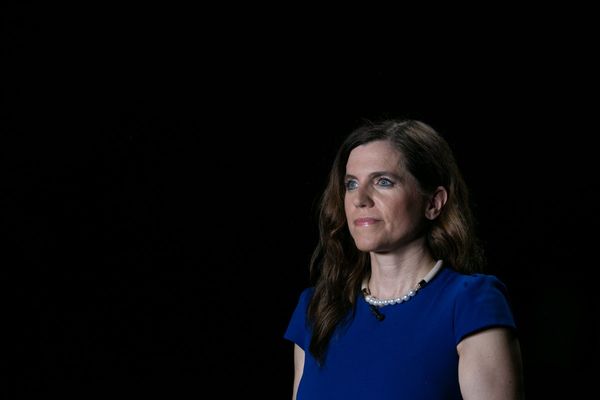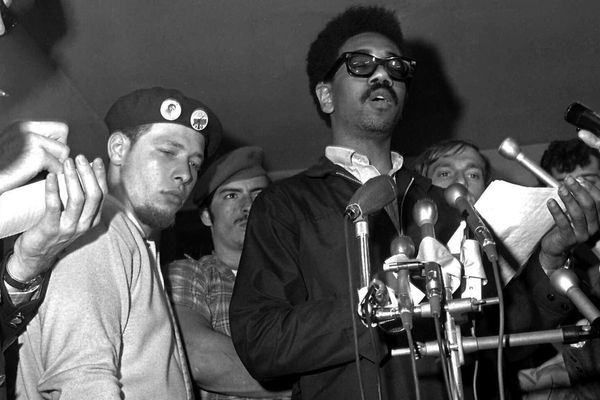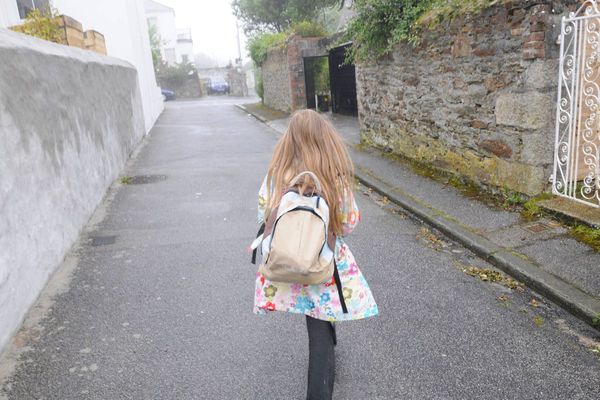
Children are being denied bail – and held in adult police watch houses – because they come from dysfunctional families or don’t have safe accommodation, a report by the Queensland Family and Child Commission (QFCC) has found.
The review, which seeks to understand why young people are being held longer in police watch houses, says there is a “particularly significant level of over‐representation” of First Nations children affected by the state’s policy of keeping children in adult holding cells.
Children are being held in watch houses because youth detention centres are operating above “safe capacity” and are understaffed.
The review found that family circumstances influenced bail decisions and resulted in children being remanded.
Reviewers asked police for information about why they opposed bail in 30 sample cases, and why they believed bail conditions were not possible to mitigate the risk of reoffending.
Police responses, detailed in the report, show the reasons for opposing bail include the child’s parents being intoxicated, family or community fighting, family criminal history, and a lack of parental supervision.
“A lack of accommodation or family functioning must not be the sole reason for keeping the child in custody and the assessment needs to be on the risk of reoffending and risk to the community or someone’s safety,” the report says.
“A number of children staying in watch houses for lengthy periods did not have stable accommodation or family support to facilitate their compliance with bail. Bail support options providing supervision and/or accommodation may help mitigate the immediate risks from family circumstances preventing bail.”
The review detailed a “fragmented” youth justice system that lacks transparency and a single point of accountability.
It found that “reporting across courts, policing and youth justice systems was inconsistent and not transparent and was complicated by an umbrella of ten oversight and complaint bodies charged with discrete responsibilities for the wellbeing of children”.
Collaboration across agencies was “lacking, with no documented accountability for a child”.
Agencies were asked to show evidence of compliance with human rights obligations related to children.
The QFCC principal commissioner, Luke Twyford, said this confirmed that “watch houses are not appropriate places to hold children, potentially exposing them to violent and antisocial adult behaviour, which is harmful, retraumatising and does not reduce the likelihood of reoffending”.
“We also know that First Nations children are 21 times more likely to be held in youth detention in comparison with non-Indigenous children, meaning Queensland’s increasing use of watch houses is grossly and disproportionately affecting First Nations children.
“There is broad consensus within government, the community, the judiciary, police and frontline workers that watch houses are not suitable places to hold children, yet I am seeing little improvement.”







